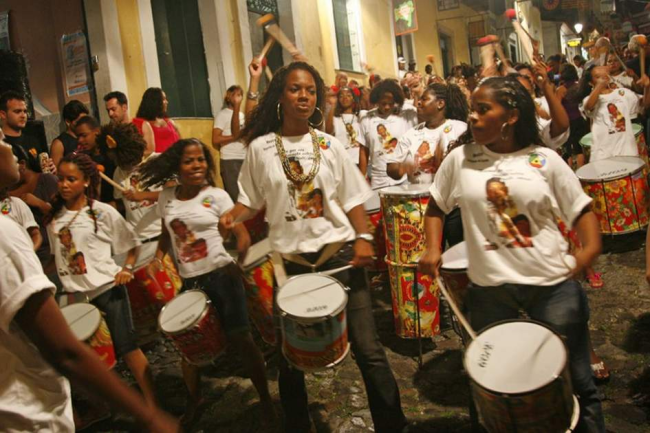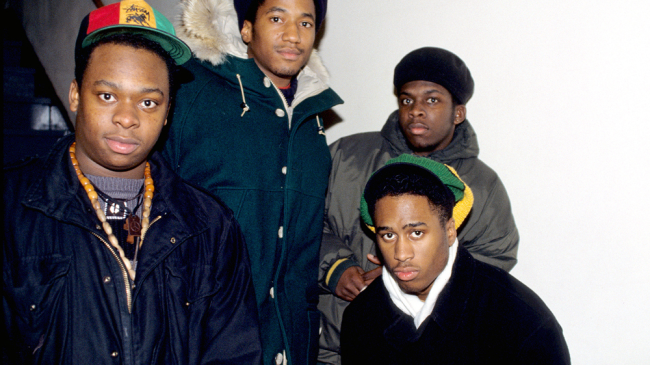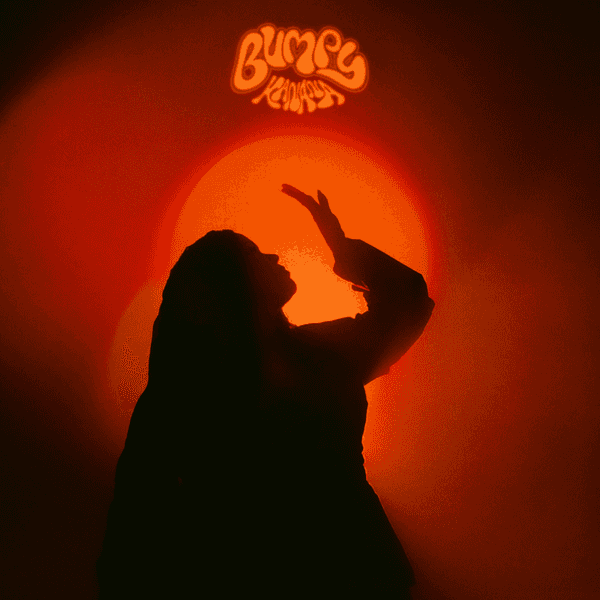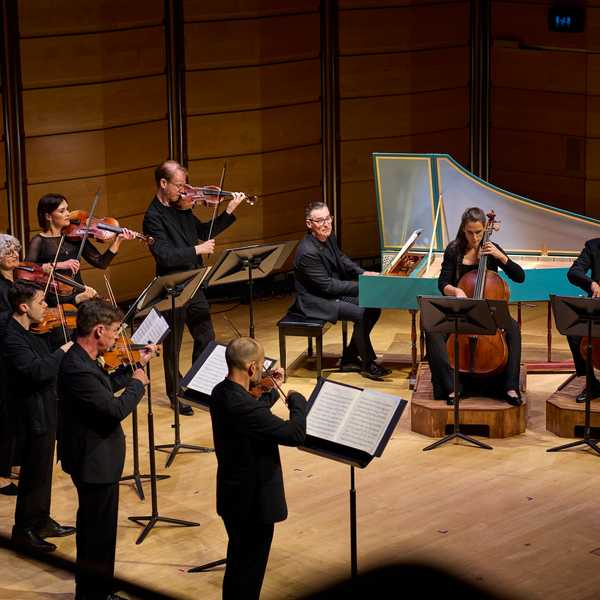November 2002. Legendary hip hop producer Madlib had just arrived in São Paulo, Brazil. With nothing but a portable turntable and his SP-303 digital sampler, he had already put together a makeshift recording setup next to the built-in tape deck in his hotel room. At the time, the Brazilian record market was yet to be explored by American producers. It was a goldmine of rare grooves for crate diggers like Madlib to sample.
Piles of vinyls—containing everything from Samba to Brazilian soul and jazz fusion— quickly began to stack up beside his turntable. Before long, Madlib was splicing up these records and turning them into beats. Some would eventually find their way onto Madvillainy, his collaboration album with rapper MF DOOM, now a staple in the world of underground rap.
Since then, samples of Brazilian music have become quite commonplace in American hip hop, having appeared in the discographies of other big time producers such as Flying Lotus, J Dilla and Cut Chemist. They, like Madlib, heard something deeply compelling in those records. Samba grooves permeate songs like Runnin’ by The Pharcyde and J Dilla, which samples Luis Bonfa and Stan Getz’s Saudade Vem Correndo, and Coleman’s Groove by Flying Lotus, a transformation of Falcon Love Call by Brazilian jazz-funk band Azymuth.
An important reason why these sounds, despite being continents apart, fit together so seamlessly is the similarity in their origins.
Throughout the 16th and 19th centuries, roughly 3 million slaves were imprisoned and imported to Brazil from West Africa. At one point in the 1800s, more than half the population of Rio de Janeiro was made up of black slaves. Genres like Samba, and subgenres such as Bossa Nova, are inseparable from this history. They are a direct product of Afro-Brazilian culture, and like hip hop—a style pioneered by Black Americans—their roots trace back to African grooves and musical practices. It comes as no surprise, then, that the Samba rhythms pervading Brazilian music could be so easily recontextualised by American producers. A great example of this can be heard on the song Fortunate by Common and Pete Rock, which is driven by a compelling samba beat cut from Guarde Nos Olhos by Ivan Lins.

Perhaps more deeply, a further connection exists between Afro-Brazilian music and hip hop because of the environments they inhabited.
Música Popular Brasileira—a Brazilian popular music movement during the 1960s, featuring a fusion of traditional styles and foreign influences—often served as a powerful mode of self-expression for artists and listeners alike amidst an oppressive military dictatorship. Even in the face of strict government censorship on the arts, it gave the Brazilian people a voice within a system that didn’t want them to be heard. Artists such as Gilberto Gil and Caetano Veloso, part of a more overtly political submovement called Tropicália, protested loudly against repression and injustice in seminal albums like Tropicália: ou Panis et Circencis.
Hip hop carries with it a similar spirit of resistance, borne from the ashes of systemic prejudice and bigotry. Giving a voice to marginalised African-Americans from poverty-ridden neighbourhoods, it too was seen as a threat to existing social structures and mainstream culture. Hip hop, like Música Popular Brasileira, was often about fighting back and reclaiming power. Rap groups such as A Tribe Called Quest and Public Enemy were outspoken critics of everything from racial inequality to media manipulation.

There is a unique soulfulness that comes out of this kind of art, a common human spirit that closes distances and breaks barriers. Maybe that’s what Madlib heard in those old records he found in São Paulo. Perhaps it explains why those beats on Madvillainy, and the countless Brazilian samples by other producers that followed, still resonate so loudly today.
Listen to last week’s episode of Donut Samples with Scott (03/11/2024) to discover more amazing hip hop tracks sampling Brazilian music.
Share "DONUT SAMPLES: Brazil (part 1)"
Copy










